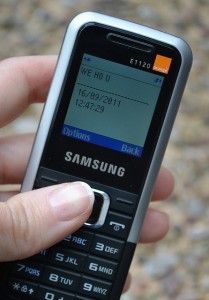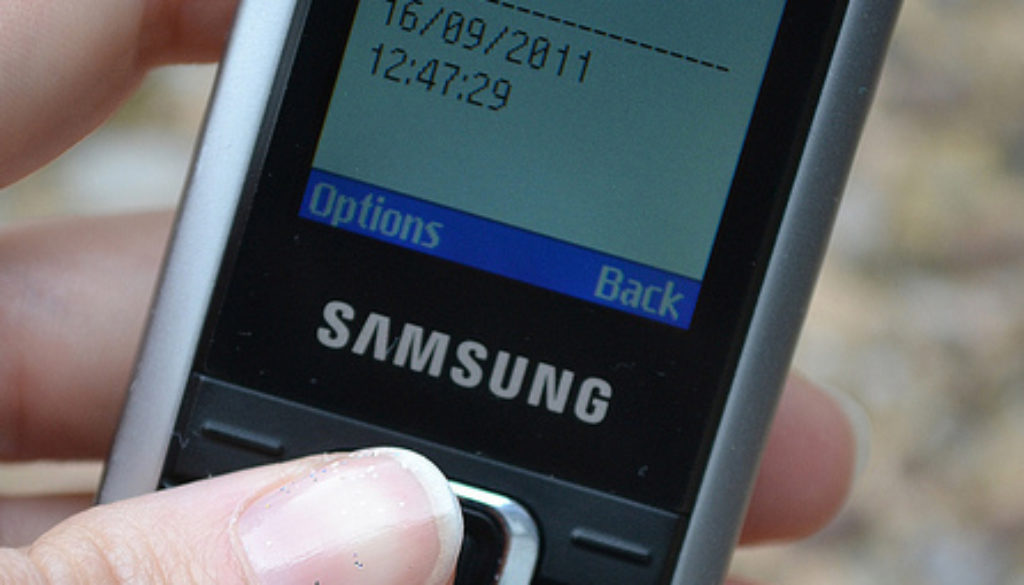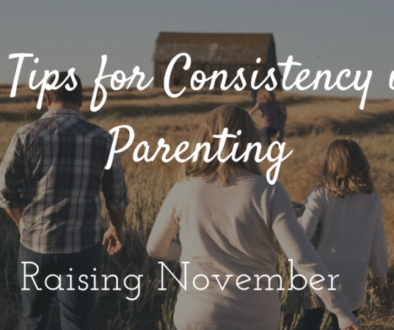Is your kid being bullied?
 Do you know what it looks like to be bullied?
Do you know what it looks like to be bullied?
Society seems to think that we mothers have some kind of natural instinct about our children. Sure, this is true for some, but not for others. On top of that, some kids are really good at hiding what’s going on in their life. However, you can recognize some of the common signs of your child being bullied without that “natural” instinct. My only advice is that if you think it is happening, address it. Don’t push away the idea. Your child needs your support, not your resignation to the facts of “growing up” like my ex-husband would put it.
You probably already know this. Bullying looks different than it did when I was a kid. I don’t know that it is worse, but it’s harder to recognize for those of us who are older than say, 35. It used to be that bullies only worked well when they could be there in person. I didn’t like to rid the school bus because that’s where I would be picked on most. But now, bullies can get to our kids via the internet and their cell phones. Texting is a very popular way to communicate for our kids. It gets used for both good and bad communications.
If your kid is being harassed there are probably some signs. You just might not know what they are.
It will, of course, be much easier to see these signs if you have routines in your household and if you are the primary caregiver. If your household takes lots of people and different times of the day to function, these signs might slip through the cracks. Moms are often the one that kids will open up to, but Dads might see these signs first and they need to act without judgement. If you “think” something’s up with your kid, it probably is.
To help you determine if your child is a victim of bullying, look for these common indicators:
Inconsistent Grades: If your child has always had good grades, but is suddenly having difficulty keeping them up, there could be a problem. If they are being bullied, they may not be able to concentrate during classes or get their work done during study hall.
Excuses: Has your kid’s attitude changed about hanging out with friends or doing other social activities? This could be a sudden change or a gradual change. My youngest took a while to decide she couldn’t deal with the bullies at school anymore. They may even give you excuses like being sick, having homework or just being worn out.
Sulking or Depression: Many victims of bullying become depressed or begin to sulk a lot. Watch for a lack of enthusiasm, passiveness, unhappiness, crying and seclusion. These are all signs of depression and are common among bullied children.
Negativity: Another sign that bulling is taking place can be found in the way your child talks. Many children are naturally positive, which means you should take notice if your child starts to belittle himself, berate or insult others or talk about general things with a lot of negativity.
Social Life: Many bullied children don’t have much of a social life – even if they’ve always had a lot of friends. Pay attention to whether your child is regularly socializing with other children and if other children are still wanting to play or calling to talk on the phone. If there has been a sudden drop in this activity, you need to find out why.
Bruises & Scratches: If you notice your child coming home from daycare or school banged up with bruises and scratches your child won’t tell you how he got them, it’s time to take action. This may be the result of physical bullying and you need to talk to the school administrators about it so they can be on the lookout for the potential problem.
Hiding their phones: If you have a pact with your kids to look at their phone messages on a regular basis, but your kids find ways to get out of it or have excuses about why their messages aren’t on the phone, your child may be being bullied.
We’ll talk more about what to do when you suspect your child is being bullied next week.
Here’s our first post for the National Bullying Awareness month , check it out to see what bullying is.



